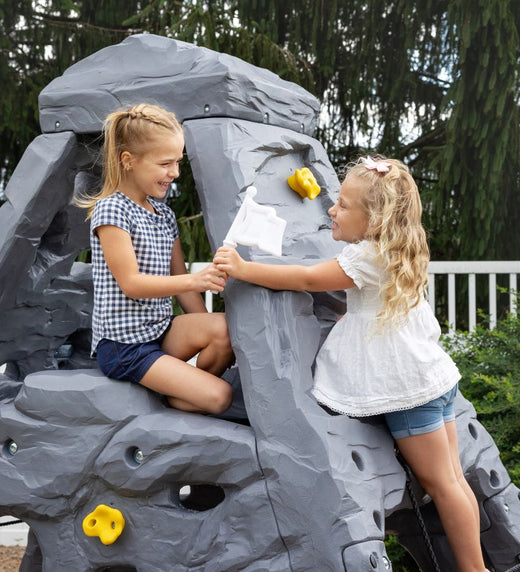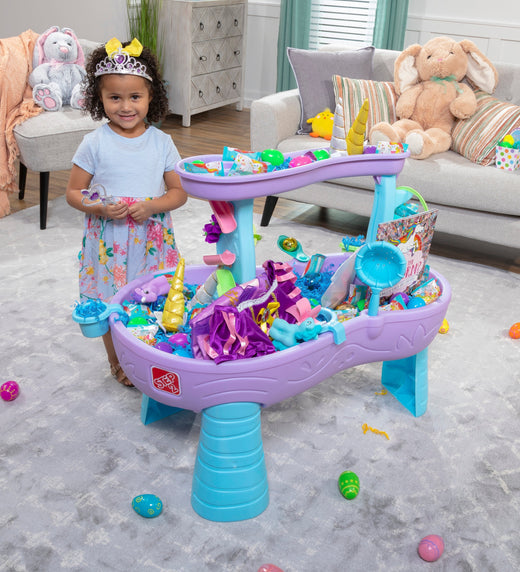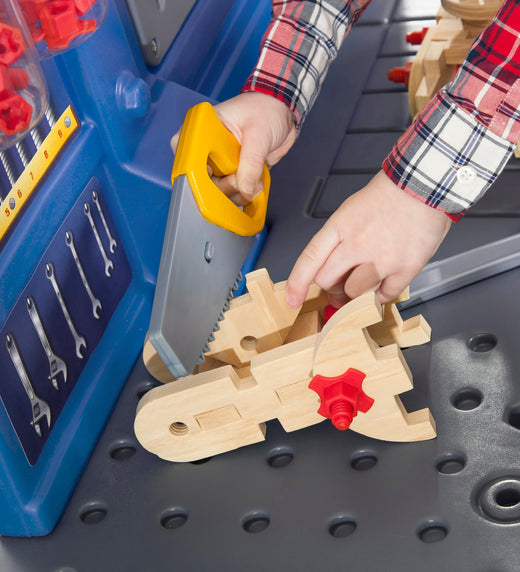They’re a playroom essential and for so many great reasons. Step2 pretend play kitchens for toddlers have been bringing pretend play to playrooms for generations! From social play opportunities to storytelling and flexing fine motor skills, play kitchen playsets are an excellent way for toddlers to practice a variety of cognitive-developmental benefits through playtime.
In addition to engaging imaginative play, our play kitchens foster some great cognitive development benefits worth noting. Each of these cognitive benefits encourages toddlers to think creatively, teach patience and problem solving, and more!
Creativity & Role Play During Pretend Play Kitchen Playtime
Pretend play gets kids engaged in storytelling as they act out new scenarios and communicate what imaginary things are going on – a great way to flex creativity and language skills!
Encouraging Physical & Motor Skill Development
Play kitchens present kids with so many ways to practice their motor skills, like grasping and using small accessories and utensils, opening and closing doors, and turning oven knobs.
Practice Language & Social Skills with Play Kitchens
Role playing requires kids to engage in storytelling as they make up scenarios and communicate with others about what role they’re playing. They also have to react and build off of what the other person said or did.
Flex Critical Thinking Through Pretend Kitchen Play
Running into problems while playing, like trouble closing the refrigerator door when too many items are placed inside or trying to swivel the faucet over a full sink, allow children to think through problems and craft solutions.
Play Together! Pretend Play Kitchen Tips
- Cooking Show: Give your little chef 5 minutes to prep their favorite pretend meal and think out how to present it to you. Create a mini cooking show by taking video of them recreating their pretend dish, talking you through each step so you can make it too! Continue the pretend play by making “episodes” of the cooking show to watch with family and friends.
- Restaurant Role Play: Be a customer in your child’s own restaurant! Let them tell you what is on the menu and place your order. Make sure to ask them lots of questions as they get cooking and give special requests to encourage their critical thinking.
- Make sharing the clean-up responsibilities fun with your little one. Pretend washing and putting dishes away when playtime is over will help foster good habits, show an example of teamwork, and a bonus in motor skill development!



